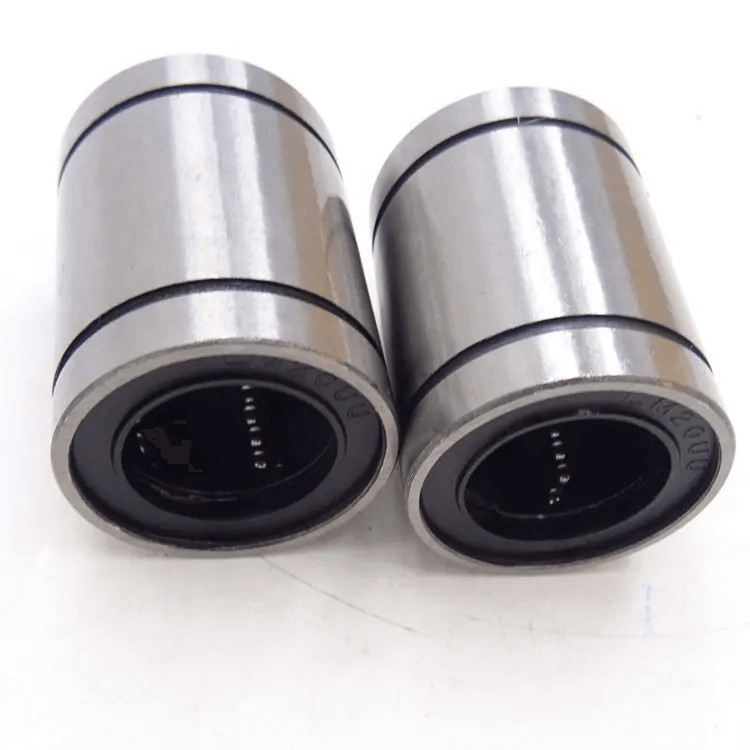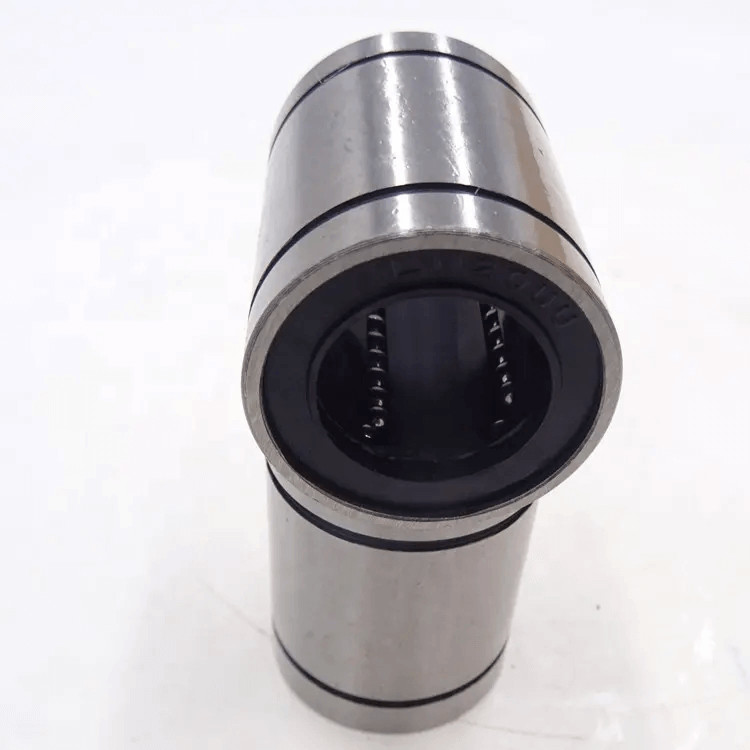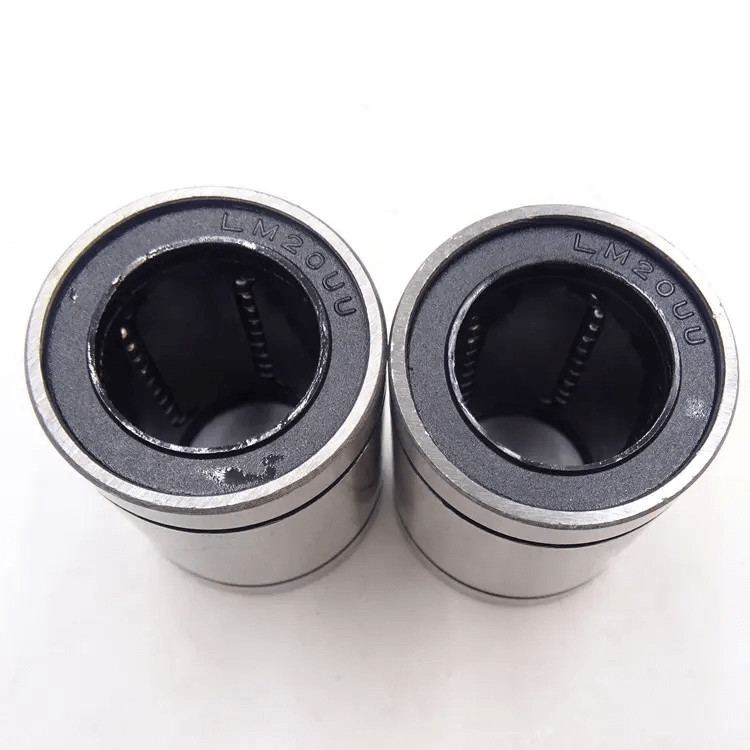Precise motion bearings and rolling bearings are two common types of bearings in the large family of bearings. They are distinguished based on the different friction properties of the bearings. The motion mode of rolling bearings is rolling, while precise motion bearings work with sliding friction. Motion bearings have high reliability, operate very smoothly during operation, and do not generate too much noise. The sliding surface is separated by lubricating oil without direct contact, and can greatly reduce friction loss and surface wear. The oil film also has a certain degree of vibration absorption ability.
Precise motion bearings are commonly used in high-speed, high-precision, heavy-duty environments, and in machines with low-speed impacts.

Metal materials, porous metal materials (powder metallurgy materials), and non-metallic materials can all be used to make precise motion bearings, with metal materials being the most common. Among metal materials, there are mainly three types: bearing alloys, tin based bearing alloys, and lead based bearing alloys. Non metallic materials are generally made of high-performance engineering plastics.

We will focus on introducing common metal materials:
(1) Alloy precise motion bearings, also known as white alloys or babbitt alloys, are mainly alloys of tin, lead, antimony, or other metals. The strength of bearing alloys is relatively small and expensive. When used, they must be poured as bearing lining materials on bronze, steel, or cast iron bearing shells to form a thinner coating.
(2) Tin based bearing alloy precise motion bearings: Its advantages include good plasticity, thermal conductivity, and corrosion resistance, as well as low friction and expansion coefficients. It is suitable for making important bearings, such as high-speed bearing shells for large machines such as steam turbines, engines, motors, and air compressors. Its disadvantage is low fatigue strength, low working temperature (not higher than 150 ℃), and this bearing alloy is more expensive.
(3) Lead based bearing alloy precise motion bearingshave lower strength, hardness, thermal conductivity, and corrosion resistance compared to tin based bearing alloys, higher friction coefficient, but lower price. Suitable for manufacturing medium to low load bearing shells, such as automotive and tractor crankshaft bearings, railway vehicle bearings, mill bearings, etc.

The advantages of precise motion bearingsare mainly manifested in their high load strength, low vibration and noise, and minimal impact on the formation of metal foreign objects. Of course, sliding bearings also have shortcomings, such as large contact area caused by sliding, leading to greater friction and wear, and also placing high requirements on lubrication.

If you need any type/brand bearings,please contact me!
contact:Bella
Whatsapp/+8615315596312
Tel/Wechat:+8615318805907
Email:skf@llhbearing.com
Jinan Maolei Bearing Co.,Ltd. is china plain bearing supplier for high performance spherical plai...
Miniature ss bearings have many advantages compared with ordinary bearings.Miniature ss bearings ...
sealed ceramic bearings are more and more popular in recent years,they have many advantages compa...
Plastic POM bearing may be usually divided into plastic rolling bearings and plastic slippy beari...
An anti friction bearing that operates below slippery friction.The anti friction bearing works sw...
The clutch pilot bearing is that the 1st shaft guide bearing of the transmission.Between the engi...
Many people do not know the secret of hybrid ceramic balls bearings A. the rolling bearing consis...
Nylon bearings material with smart mechanical strength and wear resistance , appropriate for the ...